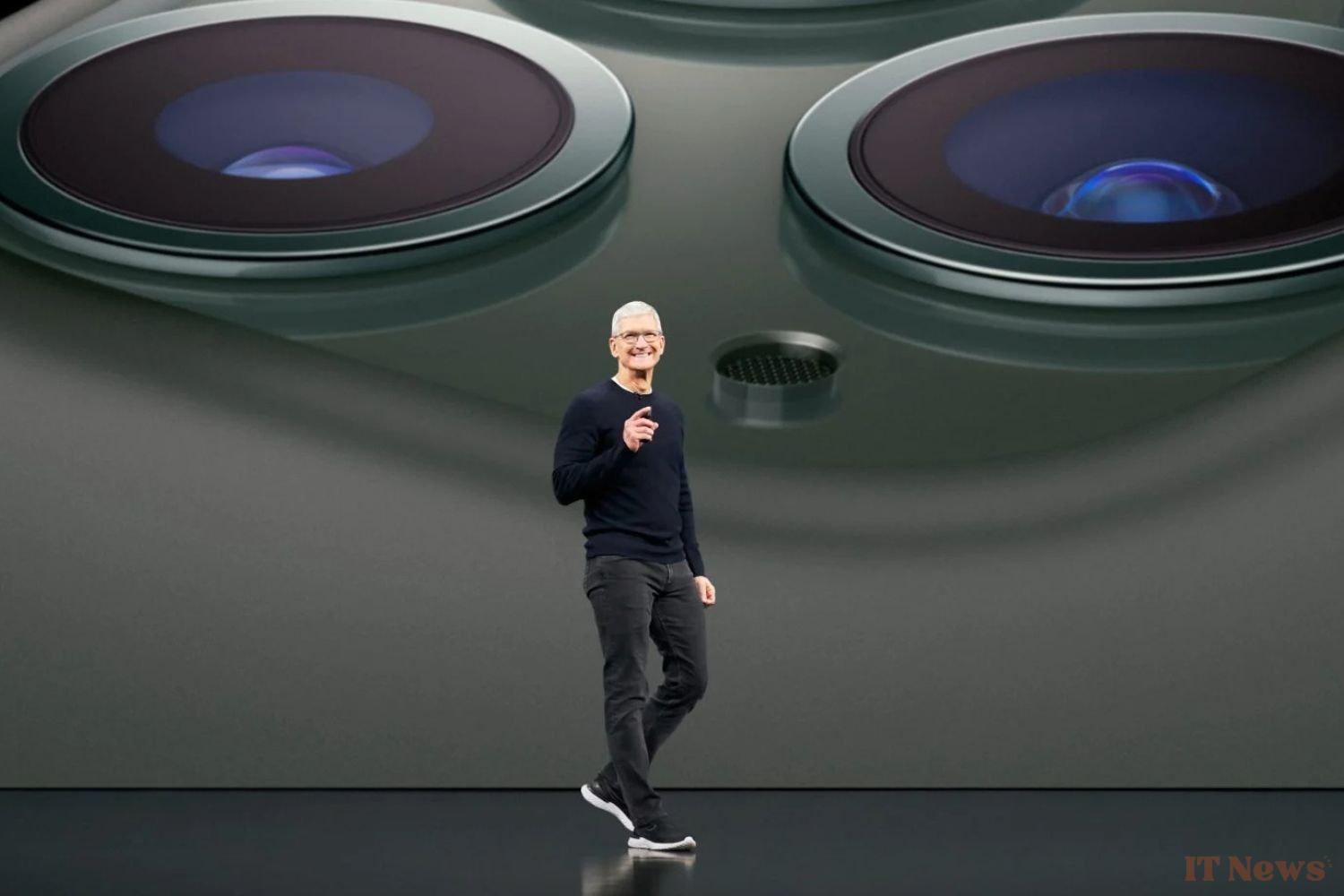Apple presented its second fiscal quarter results last night, which corresponds to the months of January, February, and March. The manufacturer hasn't rested on its laurels during this period, launching several new hardware products—including the iPhone 16, MacBook Airs, and M4 Mac minis. But the news in recent months has been marked by major issues.
The three bombshells shaking Apple
Let's start at the beginning, namely the delay of Siri's Apple Intelligence features. Planned more or less for spring, they will ultimately only be available... later, as Apple has refused to provide a timeline. What followed was an internal crisis and confirmation, if any were needed, that the manufacturer is far behind the competition in generative AI.
During the audio meeting with analysts, Tim Cook obviously didn't reveal anything, but simply indicated that Siri's "personal" functions needed more development time "to meet our quality requirements." He added that Apple was making "progress"... and that's about it for this issue. Move along, there's nothing to see here.
Customs duties are another extremely hot topic, representing an almost existential threat to Apple. Donald Trump has certainly suspended tariffs on smartphones and computers, but they could come back up very quickly.
The impact of the tariffs, announced in early April, was logically very minimal in the fiscal quarter (which ended in late March). However, it was still necessary to manage supply while waiting for the painful outcome. "We were able to optimize our supply chain and inventory management," explains Tim Cook. For the June quarter, it is impossible to accurately estimate the impact of these tariffs, "due to the uncertainty regarding possible future actions by the end of the quarter." The Apple CEO nevertheless adds that "assuming that global tariff rates, policies, and enforcement remain unchanged for the remainder of the quarter, and that no new duties are introduced, we estimate that the impact could add $900 million to our costs." Nine hundred million is not insignificant, but Tim Cook warns that this estimate "should not be used to make projections for subsequent quarters, as certain specific factors favor the June quarter." The executive revealed that a majority of iPhones sold in the second quarter in the United States will be imported from India. Vietnam, for its part, will supply iPads and Macs. In the rest of the world, the majority of products will continue to be manufactured in China.
The diversification of production lines will never happen fast enough to completely do without Chinese capabilities. This is why Tim Cook is constantly in discussions with the Trump administration on this hot topic. "Obviously, we are very involved in discussions on tariffs (…) We believe in dialogue and we will continue to engage."
Whoever says tariffs necessarily implies, at some point, that the bill will be passed on to consumers. Tim Cook is extremely cautious on this highly sensitive issue. "Regarding prices, we have nothing to announce today. I would simply say that our operations team has done a remarkable job optimizing the supply chain and inventory, and we will obviously continue to do everything we can in this area."
The latest hot topic at the moment is obviously this very harsh judgment from the US courts against the practices of the App Store. Apple must allow developers to communicate to their users the means to purchase virtual objects and subscriptions in their own web stores.
Asked about this case, Tim Cook did not elaborate on the issue. "Regarding yesterday's case [Wednesday, Ed.], we strongly disagree with the decision." According to him, Apple has complied with the court order and "we will appeal." Despite everything, he admits that "there is a risk associated with these procedures and the outcome remains uncertain." A way of dodging the issue while behind the scenes, Apple's engineers must work hard to implement the major changes imposed by the courts.
Source: SixColors



0 Comments